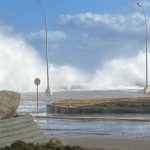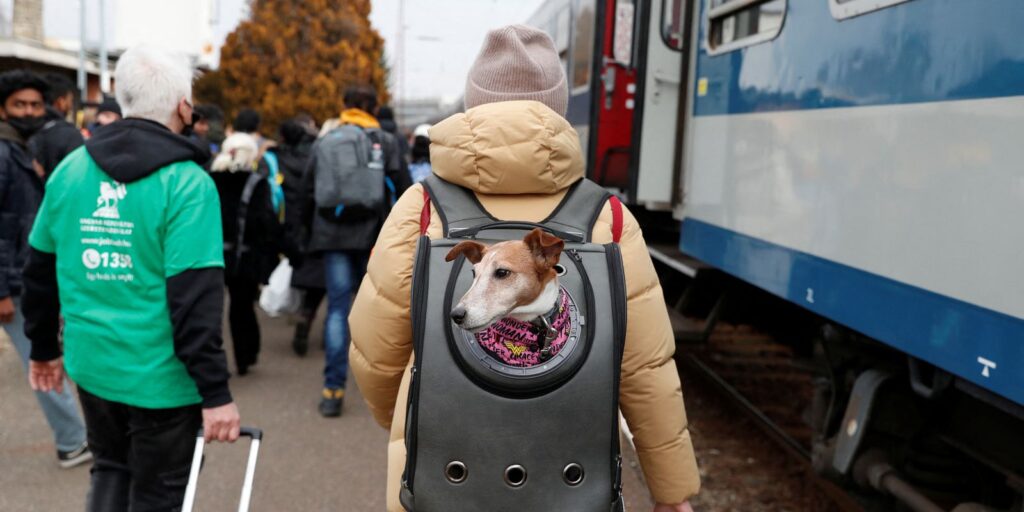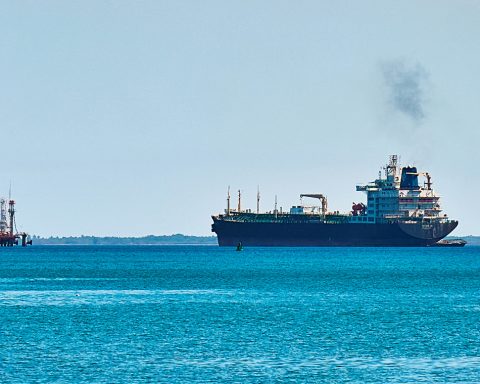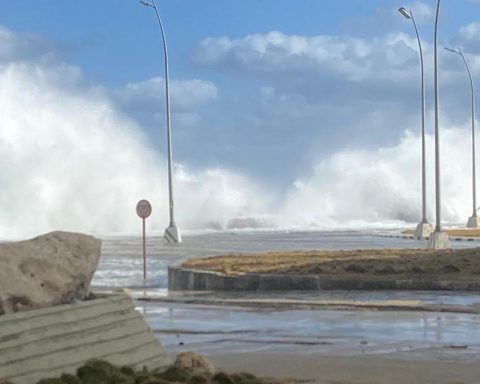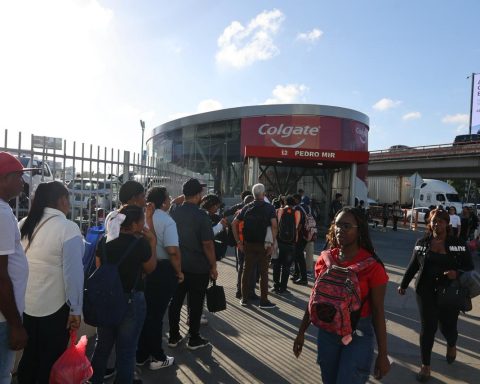
The Government of President Gabriel Boric decided to extend the State of Constitutional Exception until April 15 in the provinces of Arica, Parinacota, Tamarugal and El Loa.
The previous administration led by Sebastián Piñera decreed the measure in the four indicated provinces on February 15, as a result of the uncontrolled irregular migration that has settled in the border area.
However, despite the militarization and with the migratory crisis still in force, the Tamarugal National Defense Headquarters, according to emmolreported that since last February 12, around 5,600 migrants have entered the region clandestinely.
The former presidential delegate of El Tamaragual, Natan Olivos, revealed that by March 9, 2,700 redirections had already entered and 380 people had returned to their country. Those 380 returns correspond to foreigners who entered through unauthorized steps and all are Bolivian citizens, according to the newspaper. The star from Iquique.
You may also like:
The measure has added detractors. One of them is the mayor of Colchane, Javier García, who has made claims that the measure is not effective in solving and regulating security problems and irregular migration.
“The redirection is only operating for Bolivians and not for Venezuelans, Haitians and Colombians, who are in any case transferred daily with at least three buses to the city of Iquique and Alto Hospicio,” said the community chief.
From the Municipality of Colchane they maintain that they could implement other measures that do not affect the lives of the residents of Colchane, among these: the opening of the border crossing or the logistical collaboration of the military with the Carabineros.
Mayor García also accused Army officials of mistreatment of the population of his commune, stating that with the State of Exception “there has been no security effect for our neighbors. There is no policy aimed at improving the Army’s relationship with the residents, mainly Aymaras, who have seen their lives altered.”
According to the communal authority, the main victims with the arrival of the Army are older adults and announced legal measures in this matter. “There have been constant complaints from older adults who cannot walk calmly, who are treated badly by Army personnel who do not have training and because of their high turnover there is constantly conflict, which we are prosecuting,” he said.
García also accused that as a result of the State of Exception, the holding of fairs, local festivities, the passage to Bolivia (ILO Convention 169) and face-to-face classes for Bolivian children in Chile have been restricted.
For his part, the presidential delegate of Tarapacá, Daniel Quinteros, stated that “here there is a consensus that precisely the State of Exception must be exceptional and what is required are other measures.”
in conversation with The counterQuinteros pointed out that “we have begun work of a permanent nature, not only with the United Nations system and other institutions, but also with civil society organizations, (…) they are the ones who can promote the generation of migratory projects that facilitate the integration of the country’s migrant communities”.
Regarding the long-term strategies and the migration policy of the current administration, the delegate emphasized that it is necessary “to move towards another stage that particularly addresses migratory irregularity. (…) This generates a series of associated problems that are not derived from the condition of the person who migrates, but rather the condition that the State grants in recognition of their fundamental rights”.
He also added that “the specific measures will be announced in the coming days, but without a doubt the principle that will govern is respect for the rights of all people.”
The Undersecretary of the Interior, Manuel Monsalve, explained to Congress the idea of extending the State of Exception in the provinces of Arica and Parinacota, Tamarugal and El Loa, “this is the last request for an extension,” the authority began by announcing.
“Any transition plan must be discussed, the local communities must be heard, the authorities that have been democratically elected to represent the citizens of the north must be heard, and the government wants to carry out that dialogue,” added Monsalve.
Undersecretary Monsalve mentioned, in this regard, the government’s guidelines for the plan for the northern zone, which include programs to activate investment initiatives, recover public spaces affected by migration, apply migration control policies and collaboration of the Armed Forces in border control.









